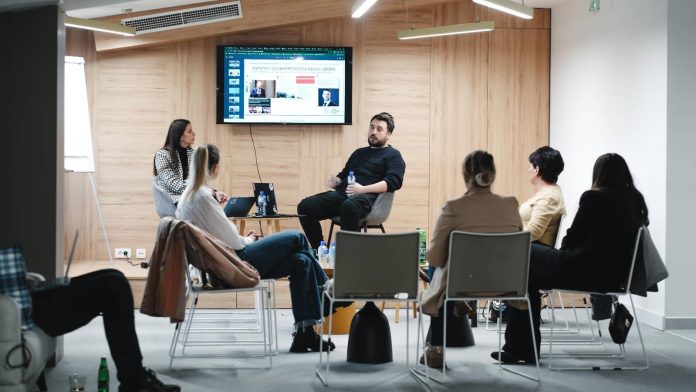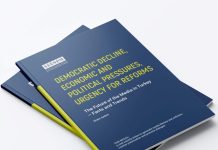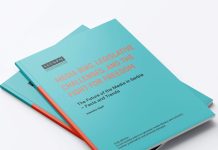Through trainings, campaigns, and collaboration between media and CSOs, an interdisciplinary approach was developed to combat manipulation and polarization.
The organizations Open dialogue network (ODN) and the Institute for Socio-Political Research Analitico shared their experiences in implementing the project “RADICALLY 2 – Strengthening the Capacities of Civil Society Actors in the Field of Media and Information Literacy (MIL)”, aimed at empowering NGOs and media professionals in media activism, particularly in combating disinformation, manipulation, and polarization.
ODN, dedicated to advancing democratization, European integration, and public policy development through education and research, partnered with Analitico, which focuses on public policy analysis, social trends, and the promotion of transparency and democratic culture. Together, they implemented the project with the primary goal of increasing media literacy levels in Montenegrin society. A key activity of the project was a three-month training program for representatives of the media and CSOs, structured into three thematic modules.
“The training enabled participants to acquire knowledge and practical skills in identifying disinformation, digital security, and professional reporting. The significance of this activity lies in the fact that it brought together participants from various Montenegrin media outlets and NGOs, including smaller local media, which play a crucial role in their communities,” emphasized Andrijana Radović, project coordinator at ODN. She added that working in mixed teams encouraged cross-sector collaboration and resulted in the creation of concrete media products addressing socially relevant topics.
She believes the project’s success lies in the fact that the media content produced by participants from different media outlets and organizations contributed to the fight against disinformation and strengthened the capacities of especially smaller, local media.
“Through our social media campaign and media publications – particularly those focused on identifying disinformation and its impact on society – our content reached an audience of nearly 350,000 views in total, which speaks to the relevance of the topic and the success of our approach,” said Radović.
She highlighted that the project enabled the development of an interdisciplinary approach to media literacy through education, research, and practice. This included the design of training programs and materials, as well as collaboration with media and civil society organizations to create high-quality content.
“We also expanded our network of collaborators, particularly among journalists and activists, which opens up space for new initiatives. We significantly improved the visibility of our activities and strengthened our presence on digital platforms,” Radović concluded.
The project is funded through the Our Media sub-granting scheme, which has provided support to 21 local projects across the Western Balkans.

The regional program “Our Media: A civil society action to generate media literacy and activism, counter polarisation and promote dialogue” is implemented with the financial support of the European Union by partner organizations SEENPM, Albanian Media Institute, Mediacentar Sarajevo, Press Council of Kosovo, Montenegrin Media Institute, Macedonian Institute for Media, Novi Sad School of Journalism, Peace Institute and Bianet.
This article was produced with the financial support of the European Union. Its contents are the sole responsibility of Montenegro Media Institute and SEENPM and do not necessarily reflect the views of the European Union.









